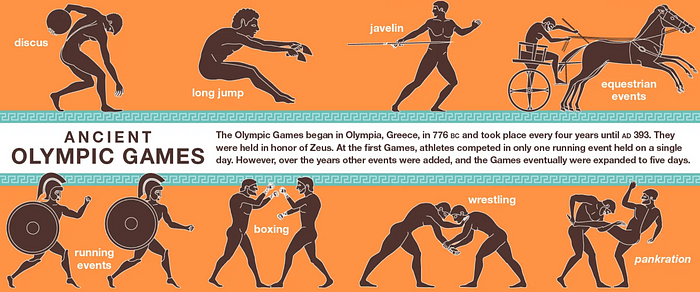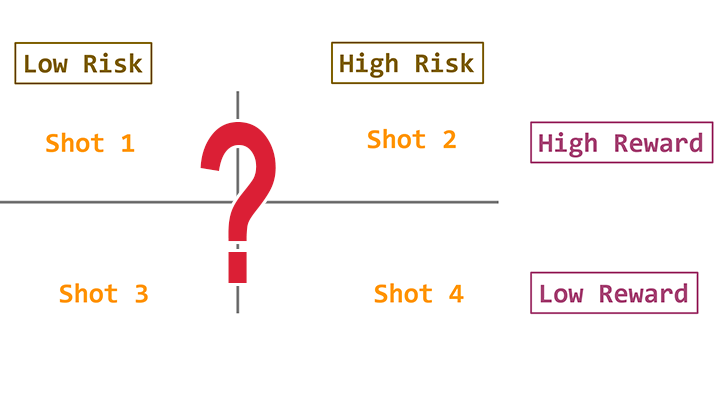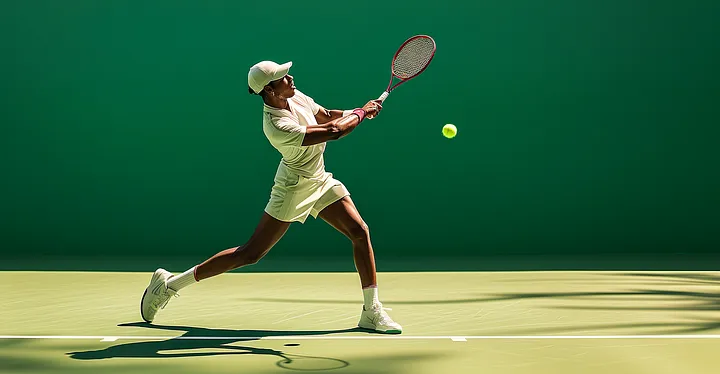In a very short time, I have seen players shout, swear, smash their racket, hit and curse themselves and walk off the court when the going got tough. I am sure there are times you got frustrated and had thoughts of giving up too. I understand. Tennis is a bit weird. Every time you play; it is a competition of win and lose. It can feel like life and death. And most people are losing at least 50% of the time.
And tennis is genuinely difficult. It involves a lot of learning on a deep level, changing the way you move, respond, hit, and think. All these mean you a literally re-wiring pathways in your brain and spinal cord. That’s how learning works. You new that right?

Whats more this up-skilling seems to take forever. In fact, Malcom Gladwell suggested it takes around 10,000 hours of practice for the average person to become “expert” in their field.

That’s a long time, a really long time. 10,000 hours in terms of continuous time (without a break) is:
1.3 Years or
416.667 Days
So according to Malcom Gladwell you should go from raw beginner to expert in tennis in 14 months. But wait, you don’t play day and night! 10,000 hours would surely only divide into 2 hours or maybe 4 hours a day practice at most, so revising my estimate that would be 2500–5000 days or around 7–14 years. That sounds more realistic. But in reality no, that won’t work either. That’s because practice is only one variable.
Take 100 six year old children, give them all optimal coaching, all for 2 hours every day for 10 years. how many will turn pro? I think maybe 3. That shows not everyone is equally talented. Indeed academic Miriam Mosing tested 10,000 twins on their music abilities. Genes influenced 38% of their ability, environmental conditions 62%.
But imagine 10,000 hours is true and you do improve, let’s say right to the top 100 in the world; then you would to everyone else appear to improve extremely fast between ages of 10 years and 20 years. Each year you would go up about 1.5x major tennis ranking levels. But to you personally the progress might seem slow, because each practice day would see very similar to the last.
Each practice day you would only be 0.04% or about 1/20th of one percent better than the last.

Now consider the case for a normal person like you and me; it would be depressing by comparison. It is likely you could play for 10 years and yet only progress 4,6 or 8 levels (rather than 16) before hitting a plateau in your genetic ability; not due to time but inherent ability.
So your progress would be roughly a quarter to a half as fast as a high flyer! It wouldn’t be unusual to improve only by one hundreth of one percent per day. Imagine: after practice today your serve is not 77mph it is 77.1mph — — good progress well done
And let’s say you already played for ten years, you might not be improving at all. So……
You Don’t Play to Win
The above example of the Neo-Pro on a fast track trajectory is the story of a player who plays to win. To put this into clearer language tennis is their job, and they get paid more if they win. So they try get as good as possible even if that means sacrificing friends, social life, alcohol, cheat-days, education and nights out. If they are not enjoying tennis, it doesn’t matter so much as long as they are earning a living; because having fun is not the objective.
Don’t believe me. Think about this, when does a tennis player like Andy Murray or Roger Federer retire? Not when they are playing rubbish. They retire when they are still amazing but maybe 95% amazing when they struggle to earn the big bucks. They are still 100x better than you or me when they retire!!
So I am betting your objectives are not financial. You are playing to be healthy, meet friends on the court, and to improve your game where you can. Along the way you still (hopefully) have time for friends and family. For you, having fun, playing honorably, and helping others should be more important. Its easy to forget that right?
What is a Game?
For you and me, tennis is a game. We are agreed on that at least? But what is a game?
A game, is a a form of play where the rules are mutually agreed and there is a score.
The reason games exist, is mainly the same reason play exists…..to hone your skills in a safe, low stress environment…for when it really matters!
Think about it. The original games were combat sports like wrestling / boxing; throwing sports like javelin / archery and Olympic sports like swimming / running.

All those sports were forms of practice during early human history so that we were ready to go hunting or to go to war. If you were good at archery, you would have a higher chance of survival in a battle.
So this means, that our sports are not really the ultimate test. Being great at football, tennis, basketball should only means you are a human of excellent potential when the day comes to use your skills to survive.
Although it might feel like it, tennis is not life and death. Tennis is meant to be practice for a real battle not the actual ultimate battle in itself. Try and remember that next time you find yourself smashing your racket into pieces on the ground in frustration.
Citation / Further Viewing on this Topic
https://cdn.embedly.com/widgets/media.html?src=https%3A%2F%2Fwww.youtube.com%2Fembed%2FxiIrJQ_XZCo%3Ffeature%3Doembed&display_name=YouTube&url=https%3A%2F%2Fwww.youtube.com%2Fwatch%3Fv%3DxiIrJQ_XZCo&image=https%3A%2F%2Fi.ytimg.com%2Fvi%2FxiIrJQ_XZCo%2Fhqdefault.jpg&key=a19fcc184b9711e1b4764040d3dc5c07&type=text%2Fhtml&schema=youtube




